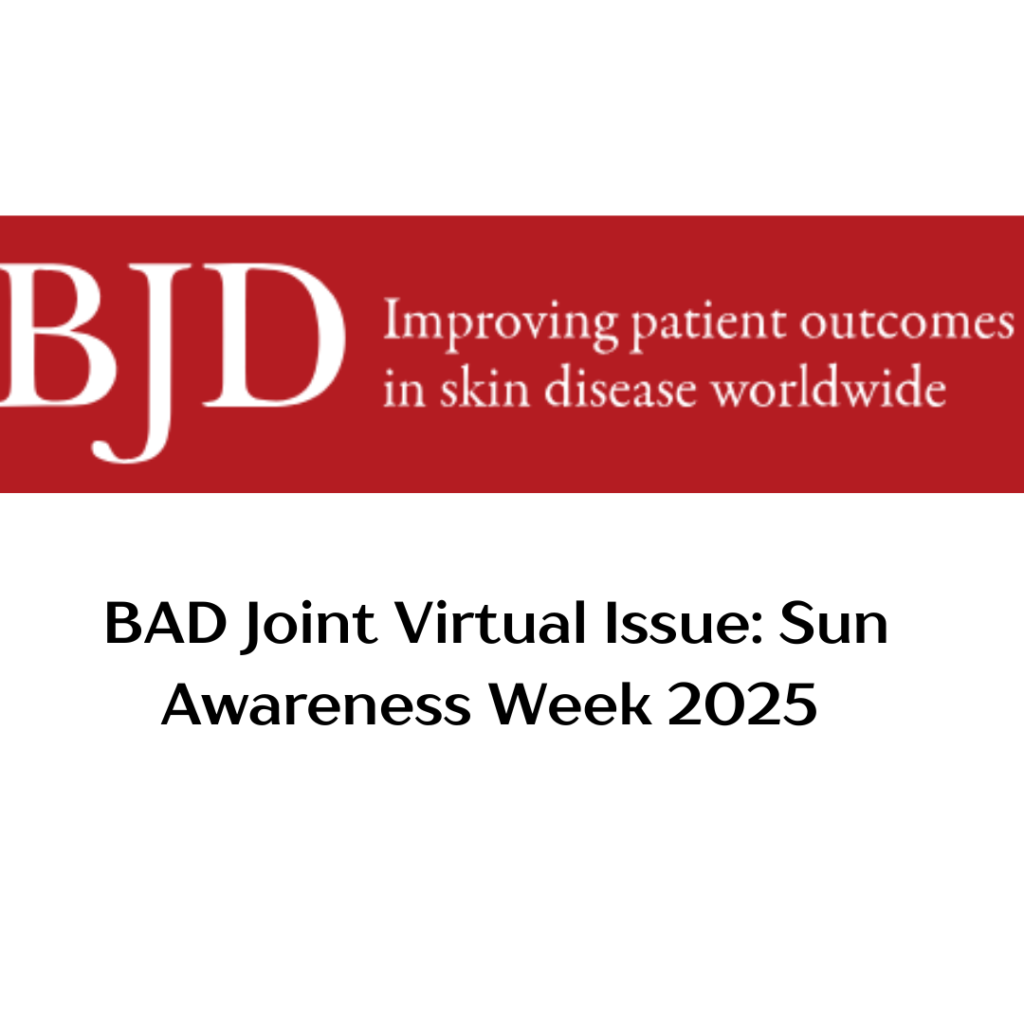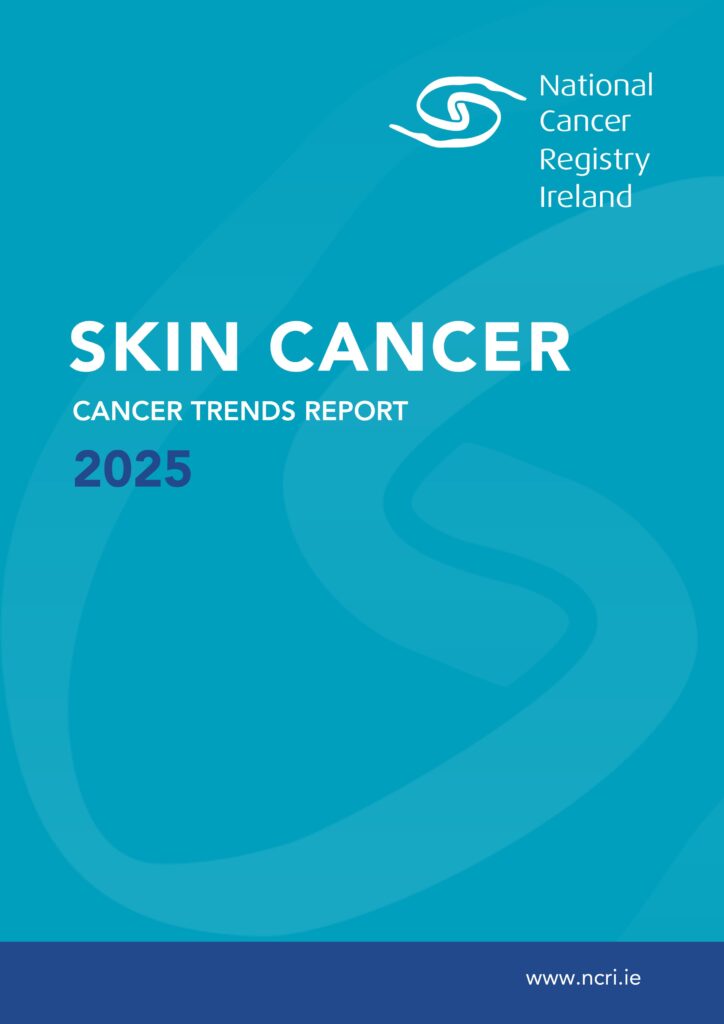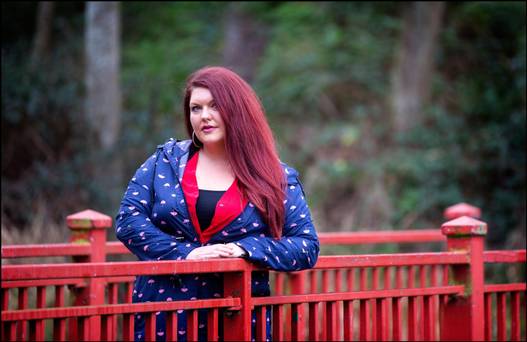A simple test measuring water evaporation from the skin of newborns could help identity those most at risk of developing eczema, according to a study.
Early identification of those at risk opens up the possibility of actually preventing eczema — through an act as simple as applying moisturiser during the first year of life — although those involved in the research said further studies are needed to back this up.
The Baseline Allergy study group, led by consultant paediatrician Jonathan Hourihane and research fellow Maeve Kelleher, both of University College Cork, and Alan Irvine of Trinity College Dublin measured water evaporation in the skin of 1,903 newborn babies in Cork University Hospital, and followed them up until 12 months of age.
Eczema is a general term for a group of skin conditions that cause the skin to become dry, red, itchy and inflamed. The term is most often used to refer to atopic dermatitis (atopic means related to hypersensitivity reactions to something in the environment and dermatitis describes inflammation of the skin).
If you have atopic dermatitis, your skin barrier function (which prevents water loss and protects against allergens and irritants) is impaired or weakened. This makes the skin dry out and it vulnerable to infections by bacteria and viruses.
Eczema is a very common skin condition and is not contagious. It affects 1 in 5 children and 1 in 12 adults in Ireland. There is no cure for eczema, but, in most cases, it is manageable.
For more information about eczema and to download our booklet What you need to know about eczema, visit our Eczema section.
If you have questions about your skin, contact the ISF Nurse Helpline or ask a dermatology nurse a question.












